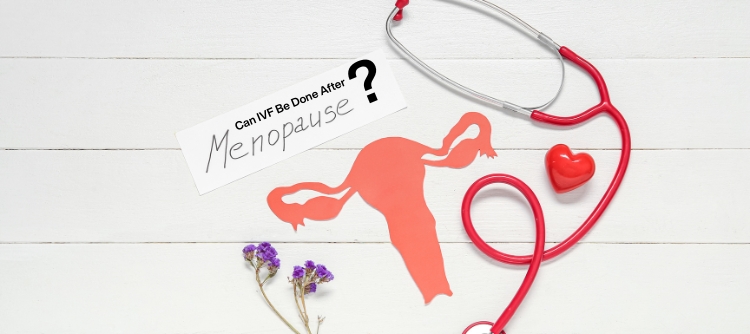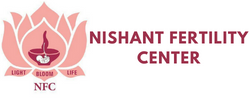Can IVF Be Done After Menopause?

Menopause is a natural phase in a woman’s life when menstruation stops, and reproductive hormone levels decline. While natural conception is no longer possible after menopause, advances in assisted reproductive technology have made pregnancy achievable through in-vitro fertilization (IVF). Many women wonder whether IVF can be considered a viable option after menopause, and with the right approach, successful outcomes have been observed.
Understanding Menopause and Fertility
Menopause occurs when ovarian function ceases, and egg production stops. This process typically takes place between the ages of 45 and 55. Since natural ovulation no longer happens, pregnancy cannot occur without medical assistance. However, with modern fertility treatment, pregnancy has been made possible for women even after menopause.
How IVF Works After Menopause
For postmenopausal women, IVF treatment is approached differently than for those in their reproductive years. The following steps are generally involved:
1. Endometrial Preparation
- Since the uterus remains capable of carrying a pregnancy, its lining is prepared to support embryo implantation.
2. Egg Source and Fertilization
- As ovarian function has ceased, self-preserved or donor eggs are required for fertilization.
- After fertilization, the embryo is developed and monitored before being transferred into the uterus.
3. Embryo Transfer and Pregnancy Monitoring
- The embryo is carefully placed into the prepared uterus, and close monitoring is conducted to ensure implantation and early pregnancy development.

Factors That Influence IVF Success After Menopause
Several factors play a role in determining the chances of success in postmenopausal IVF, including:
• Age and Overall Health – A healthy uterus is essential for a successful pregnancy.
• Egg Quality and Source – Since ovarian function has stopped, the use of high-quality eggs is necessary.
• Medical Supervision and Lifestyle Factors – Regular health assessments and a healthy lifestyle contribute to a positive outcome.
Related- IVF for Older Women: Challenges and Success Strategies
Is IVF After Menopause the Right Choice?
IVF after menopause is considered an option for women who still wish to experience motherhood. However, a thorough medical evaluation is required before proceeding. The potential risks and benefits must be carefully assessed, and expert guidance should always be sought.
Conclusion
Advancements in fertility treatment have enabled women to achieve pregnancy even after menopause. Through IVF, a well-prepared uterus can support a healthy pregnancy, making motherhood possible beyond the natural reproductive years. Personalized guidance and expert care can be provided at Nishant Fertility Centre, ensuring that every step of the process is handled with precision and care.
